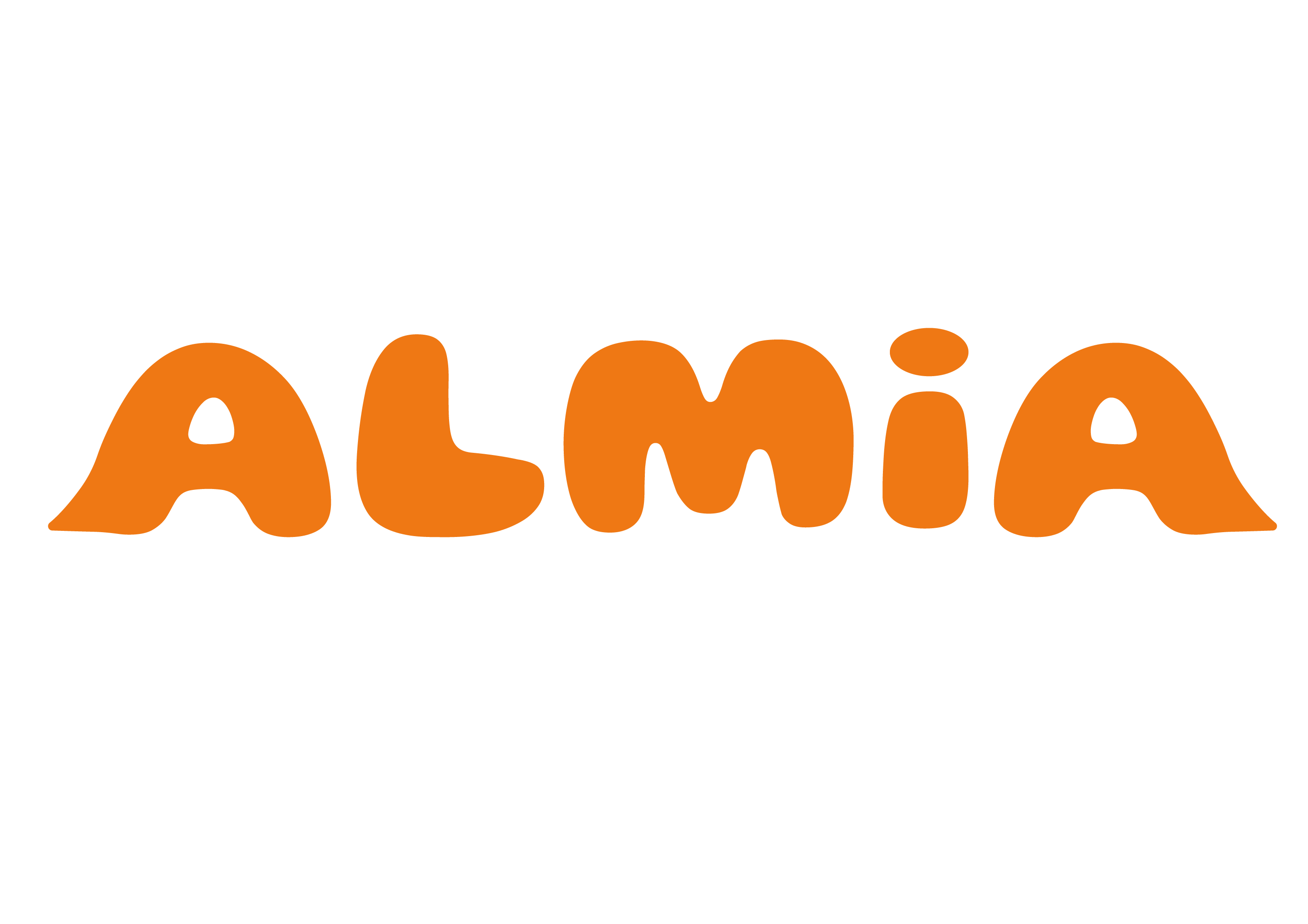ChatGPT education has become one of the most talked-about artificial intelligence tools, and its potential in the educational field is undeniable. But how can teachers and students use it ethically and effectively without falling into plagiarism or dependency? Here we offer you a practical guide. If you're interested in learning more about what artificial intelligence is, we have a simple explanation for the whole family.
For Teachers: ChatGPT as a Pedagogical Ally
Far from being a threat, ChatGPT can be a powerful tool for educators:
Idea Generation
Creative block for a new activity or classroom debate? Ask ChatGPT for ideas for projects, exam questions, or discussion topics.
Content Differentiation
Adapt complex texts for different reading levels. Ask it to rewrite a concept for elementary or secondary students.
Material Creation
Generate drafts of rubrics, task descriptions, or even short stories for motivation.
Dialogue Simulations
Practice responses to difficult questions that may arise in class or simulate a historical dialogue.
Assisted Feedback (with supervision)
You can use it to generate examples of constructive feedback for assignments or analyze common errors in student responses. Always review and personalize!
For Students: ChatGPT as a Learning Support Tool
Students can use ChatGPT to:
- Clarify Concepts: If a topic from class wasn't clear, they can ask ChatGPT for a simple explanation or additional examples.
- Generate Ideas for Essays or Projects: Warning: this is for brainstorming, not for it to write the work. They can ask for "ideas for an essay on climate change" or "structures for a report".
- Language Practice: Converse with the chatbot to improve fluency and grammar.
- Quick Doubt Resolution: Get instant definitions or explanations about specific terms.
Limits and Ethical Use: The Key to Success
The line between support and plagiarism is thin but clear:
- Not for Plagiarizing: ChatGPT should be a support tool, not a substitute for critical thinking and personal effort. Works generated entirely by AI are not learning. For more information about responsible use of AI in school work, check out our complete guide.
- Crucial Verification: AI can make mistakes or "hallucinate" data. Always verify the information it provides! It's important to know the risks of AI in education.
- Transparency: If you use AI as part of your process, it's good practice to mention it, both for students and teachers.
Almia helps you integrate tools like ChatGPT intelligently into your educational process. Discover how to enhance learning with our guides and resources. Join our community by registering for free.
Share this article:
